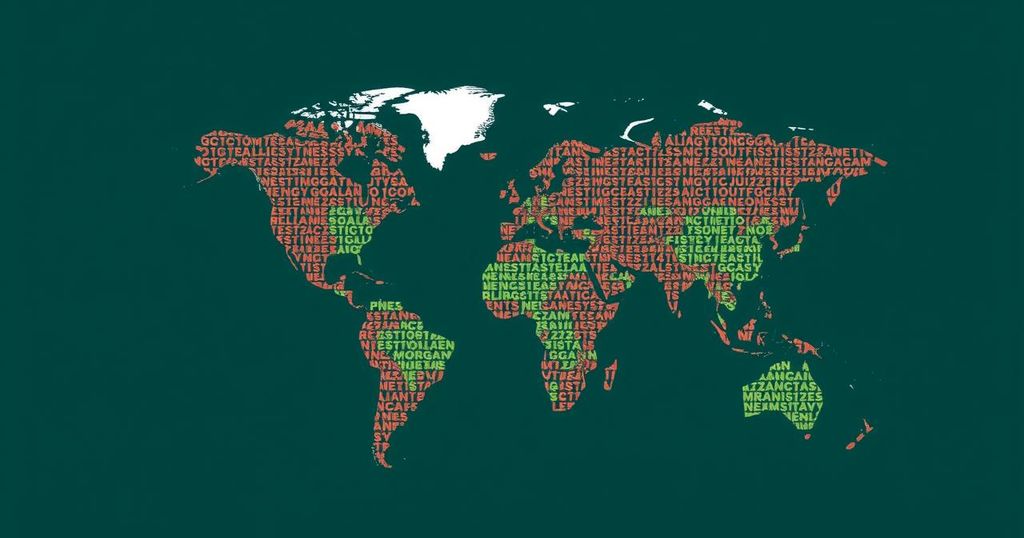Concerns Arise Over Gender Backsliding in Climate Negotiations at COP29

At COP29, participants noted a troubling regression in the integration of gender considerations within climate discussions. Influenced by countries like Saudi Arabia, critical proposals were altered to omit references to gender, raising alarms among gender equality advocates. Key leaders warned that this shift undermines efforts made in previous climate negotiations, emphasizing the need for renewed commitment to women’s involvement in combating climate change.
At COP29 in Azerbaijan, attendees expressed concern over significant backsliding in gender discussions within climate negotiations. Previous summits consistently emphasized the importance of women’s involvement in climate initiatives, particularly given their disproportionately high vulnerability to climate change impacts. However, during the current conference, key proposals were altered to exclude gender considerations, a move attributed to the influence of Saudi Arabia and Russia, which advocate for traditional gender norms. Mary Robinson, Ireland’s first female president, highlighted a growing sense of entitlement among opponents of gender-inclusive language due to perceived global backlash against gender equality trends.
A draft text released during COP29 maintained minimal mention of gender, emphasizing that climate finance should adhere to a “human rights-based and gender-responsive” framework. Despite pressure to enhance gender inclusivity, certain officials dismissed human rights considerations as irrelevant, advocating instead for concise decisions in climate finance discussions. Female leaders at the conference, including German Foreign Minister Annalena Baerbock, underscored the necessity of women’s involvement in combating climate change, lamenting that fundamental principles of gender equality appear increasingly threatened.
Furthermore, feminist climate activists expressed disappointment over the lack of gender prioritization by Baku’s hosts, highlighting a retreat from the progress made in prior conferences. As one Canadian negotiator noted, a regression in gender focus is intolerable, accentuating a collective concern among delegates that the advancements made in past years are at risk of being dismantled.
The global climate negotiation ecosystem historically emphasizes the critical role of gender equality in addressing climate change effects. Women have been identified as disproportionately affected by climate-related disasters, making their participation in policy-making essential. Despite past commitments to include gender perspectives in climate discussions, recent developments at COP29 have raised alarms regarding a potential rollback of these efforts. Key players, particularly Saudi Arabia and its allies, are increasingly opposing gender-inclusive language in climate policies, reflecting a broader trend of backlash against gender equality worldwide.
The current state of gender inclusion within climate negotiations at COP29 raises significant concerns regarding the future of global climate policy. The exclusion of vital gender references from key proposals exemplifies a retreat from hard-won progress in gender equality amidst climate discussions. With influential nations opposing such language, the urgency to advocate for women’s involvement in climate solutions remains paramount. Global leaders must address these backward trends to ensure that women’s unique vulnerabilities are adequately represented in climate action.
Original Source: www.rfi.fr






